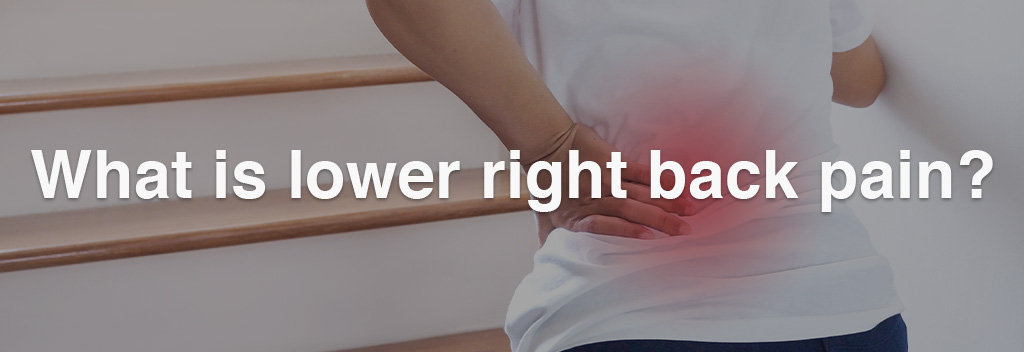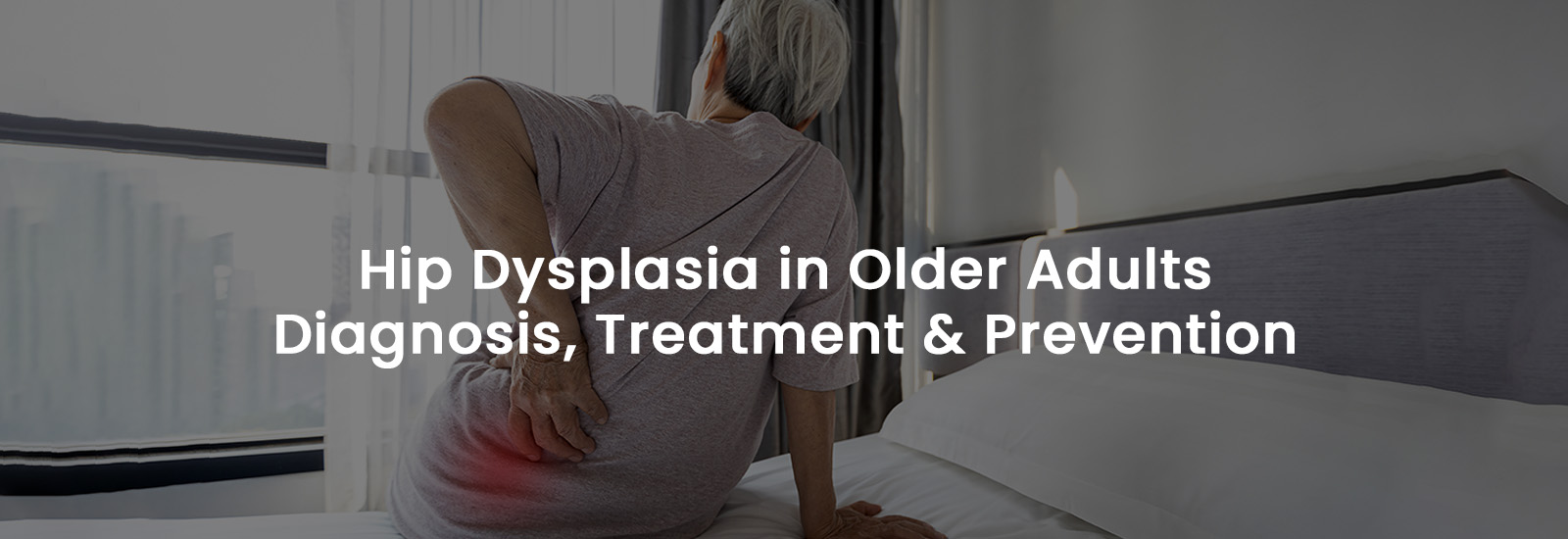
Shoulder pain is the third most common muscle and joint complaint for which people seek medical attention. About 21% of seniors are affected by shoulder disorders, which increases their likelihood of experiencing chronic pain.
The shoulder is a ball-and-socket joint, consisting of three bones: the humerus (upper arm bone), the scapula (shoulder blade), and the clavicle (collarbone). The shoulder joint is stabilized by a group of muscles, tendons, and ligaments that work together to keep the joint in place. As people age, the tissues in the shoulder joint can become damaged and inflamed due to degenerative diseases or wear and tear. These changes can cause pain and reduce the range of motion in the shoulder. Seniors are also more likely to have accumulated injuries over their lifetime, which can contribute to shoulder pain.

In some cases, lifting the arm may produce a popping sound, referred to as crepitus. It usually originates in the joint where the arm connects to the top of the shoulder. Crepitus doesn’t always result in pain as healthy tendons and bones can also make that sound. However, if the popping sound is accompanied by shoulder pain, it usually indicates an underlying injury or health issue.
Shoulder pain and popping sounds can be caused by a variety of conditions. Such as:
Shoulder Impingement
Shoulder impingement is caused by repetitive overhead movements, wear and tear, and changes in posture that can narrow the space in the shoulder joint and increase pressure on the rotator cuff tendons and bursae.
Rotator Cuff Tears
Rotator cuff tears can occur gradually over time due to the wear and tear associated with aging, or they can occur suddenly from a traumatic injury. The pain associated with a rotator cuff tear can be severe making it difficult for seniors to perform daily activities.
Arthritis
Shoulder arthritis occurs when the protective cartilage in the shoulder joint deteriorates. This cartilage acts as a cushion for the bones during physical movement. When the cartilage gradually wears down, the bones in the shoulder begin to rub against each other, causing pain. Symptoms of the condition include pain, stiffness and a popping sound that occurs when moving the arm.
Bursitis
Bursitis is a condition that causes inflammation of the bursae, small fluid-filled sacs that cushion the bones, tendons, and muscles near the joints. When the bursae become inflamed, they can press against the bones and surrounding tissues, causing pain. Bursitis in the shoulder can be caused by a number of factors, including overuse, such as typing, driving or sitting in one place for too long, injury, or underlying medical conditions like arthritis.
Tendinitis
Tendinitis occurs when the tendons in the shoulder become inflamed due to repetitive movements or overuse. In seniors, shoulder tendinitis may be caused due to decreased blood flow to the tendons, which can make them more susceptible to injury. It may also be caused by conditions like osteoarthritis or rotator cuff tears, which can put additional strain on the tendons in the shoulder.
Pinched nerves can also cause shoulder pain in the elderly. When nerves in the arm and shoulder get pinched or damaged, it leads to pain or numbness that radiates from the neck to the arm or shoulder.
The shoulder is the most flexible joint in the body, which makes it susceptible to various aches and injuries. Therefore, seniors who are suffering from shoulder pain should contact any senior care services and consult a primary care physician for an evaluation. An evaluation can help identify the source of the pain and ensure that appropriate treatment is given.
Which Treatments Can Help Manage Shoulder Pain?

Treatment for shoulder pain can vary depending on the underlying cause. Here are some common treatments for shoulder pain:
Medication
Seniors can consult a physician for an OTC painkiller or anti-inflammatory medicine prescription to help reduce the pain and swelling in the shoulder.
Hot or Cold Compress
Based on physician’s advice, seniors can apply hot or cold compress to the affected area to help soothe shoulder stiffness and inflammation.
Massage
Massage therapy can increase circulation and decrease muscle tension. Furthermore, it can stimulate the release of endorphins, which serve as the body’s natural pain relievers. *It is recommended to consult with a massage therapist who has experience working with shoulder pain to ensure the best results.
Compression
Using a shoulder compression sleeve can help provide support and reduce the chance of injuring it further.
Rest
Rest can help reduce inflammation, muscle tension and promote recovery in seniors suffering from shoulder pain.
Engaging in gentle exercises and stretches and undergoing physical therapy under the guidance of a healthcare professional can also help reduce shoulder popping and pain. Additionally, it can improve mobility and range of motion in seniors that suffer from joint stiffness.
Conclusion
As most shoulder-related problems in seniors occur due to age-related wear and tear, it is important for them to strengthen their shoulder muscles through regular exercise. It is also best to avoid activities that require lifting the arm overhead such as racket sports or swimming. Lastly, seniors should consult their healthcare professionals about preventative measures they can take to avoid shoulder injuries, as the recovery process is typically slower for individuals above 60.
Visit the nearest EliteCare clinic, for personalized advice on nutrition and exercise that can help reduce shoulder pain. EliteCare is one of Florida’s best medical clinics, with a team of highly trained primary care physicians who offer services like venipuncture, immunizations, EKG and more. Visit their website to schedule an appointment today.






